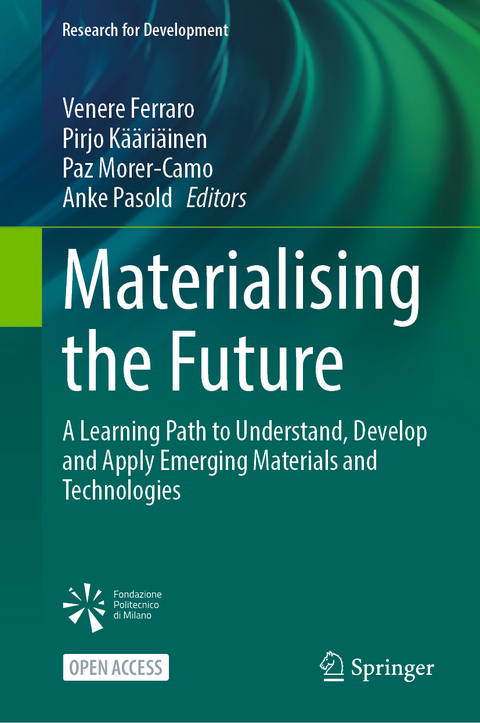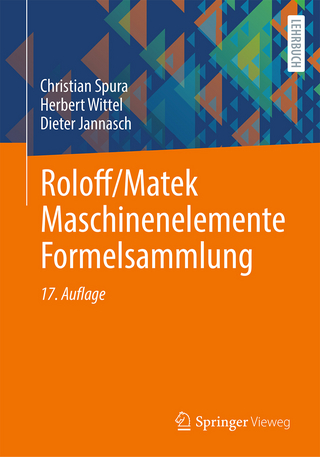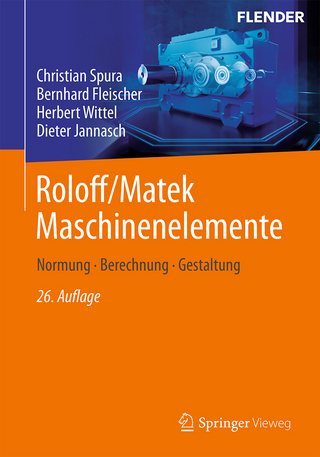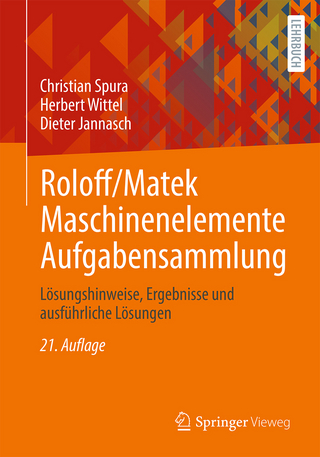
Materialising the Future
Springer International Publishing (Verlag)
978-3-031-25206-8 (ISBN)
This open access book offers a host of theoretical knowledge at the basis of new EM&Ts (namely, Interactive Connected Smart Materials, Wearables (ICS), Nanomaterials, Advanced Growing Materials, and Experimental Wood-Based Materials), as communicated through the unique design teaching method developed within the context of the European Project DATEMATS, a result of the creative workshops held by the four higher education institutions that were partners in the project, stressing the pros and cons of the method and offering ideas for further development and improvement. The modern age requires its own innovations in regards to both social and industrial progress, innovations made possible by Emerging Materials and Technologies (EM&Ts). Frameworks for designing both with and for the new materials are presented, educating designers about the opportunities offered by EM&Ts and how to take advantage of them. At the same time, the book explains how the method developed through the knowledge generated at research centers and universities can be communicated to companies across various industries that stand to gain from it, linking the assorted stakeholders, and includes a final chapter based on feedback from both students and business professionals as to the benefits of academic/industrial cooperation.
This is an open access book.
Venere Ferraro, Ph.D. in Industrial Design, is Associate Professor at the Design Department of Politecnico di Milano. She has been Visiting Researcher at the University of New South Wales of Sydney (2006) and at the Media Lab of Massachusetts Institute of Technology (2009), where she conducted research on Wearable Systems with the lens on design-driven and user-oriented approaches. She is a Member of the Experience and Interaction Design Research Lab, she has participated in several international and national research projects, and she has been the principal Investigator of the research project POD: Plurisensorial (SAFEURRA 2014 joint call). She is currently the Coordinator of the European Project "DATEMATS" (KA2-2018). Her main research activity is focused on the role of interaction design in the use of disruptive technology (Wearable/smart textile and AI), in particular, on how to exploit the potential of digital technologies to design experiential systems in both the private and public sectors. Her research is characterized by human-centered design, and her research interests lie in the field of wearable devices, smart interactive systems for well-being, with particular attention paid to tools and methods for changing user behavior. She is the author of several international publications, and she holds a number of both international and national patents and models.
Pirjo Kääriäinen is Associate Professor of Design and Materialities at Aalto University's School of Arts, Design, and Architecture. Her background is in textile design and manufacturing. Together with Professor Tapani Vuorinen, she has facilitated the interdisciplinary CHEMARTS collaboration between the School of Arts, Design, and Architecture (ARTS) and the School of Chemical Engineering (CHEM) since 2011. CHEMARTS aims to inspire students and researchers to explore design-driven approaches in materials research and to create future-oriented concepts, applications, and business seeds for a more sustainable world of materials.
Anke Pasold is an Associate professor at the Material Design Lab at the Copenhagen School of Design and Technology, where she is developing the methodological and technological side of the lab and structuring new material-educational programmes. Her research focus is on material practice, in particular, on advanced design methodologies, material formation and fabrication processes, which she explores by means of experimental prototypes - making things tangible between the digital and the physical towards integrated, applied solutions.
Dra. Paz Morer-Camo is Professor at the University of Navarra - Tecnun (Spain). She holds a Ph.D. (1991) in Architecture from the University of Navarra. Specializing in Computer Design, her doctoral thesis focused on realistic representations of 3D models and simulation of virtual environments using computational techniques. She is currently the coordinator of the Industrial Design Engineering degree and is responsible for the Industrial Design area. Currently, she lectures on 'Artistic Drawing', 'Technical Drawing', 'Sustainable Engineering' and 'Design Methodology' to Bachelor students and is coordinator of the subject 'Ethical challenges in Artificial Intelligence' for Master students. She has participated in more than 25 research projects subsidized by different government entities. She has participated in more than 35 international conferences, and she has served as chairman for five international conferences. She has been the editor of three books. She spent three months as a researcher at MIT (Cambridge-USA) in 2007 and a second one-month stay at CalPoly (California) in 2019. She has obtained three six-year research grants from the national committee for the assessment of research action. She has supervised six PhD Theses and more than 100 bachelor thesis projects. She has belonged to the Board of the Ingegraf Association since 2013, serving as its Preside
Introducing Emerging Materials and technologies (EM&Ts) areas and their theoretical framework by Venere Ferraro, Pirjo Kääriäinen, Paz Morer, Anke Pasold.- Part 1: The DATEMATS Project: Methods, Tools and Frames.- Designing with and for EM&Ts: describing a unique design approach - Venere Ferraro.- How do we approach and involve companies in Design Fields? Lesson learnt from surveys and participative workshops - Alba Obiols.- A supporting tool to design with and for EM&Ts: the materials toolkit - Gemma Esteban, Geraldine Kann, Veronica Sarbach, Daniela Amandolese.- Transferring Knowledge from Academia to the Companies: a new method -Aitor Cazón.- Part 2 Field Studies: From Ideation to Applications.- Applying DATEMATS Methods and tools to Nanomaterials: A design challenge by the company Antolin - Robert Thompson.- Applying DATEMATS Methods and tools to ICS Materials in wearable domain: mastering the complexity of hybrid materials - Stefano Parisi.- Applying DATEMATS Methods and tools toAdvanced Growing Materials: handling the materials growing and design challenges launched by a company- Anke Pasold.- Applying DATEMATS Methods and tools to Experimental Wood-based Materials: Materiality in ideation process-Pirjo Kääriäinen, Tarja-Kaarina Laamanen.- How can we establish long-lasting collaboration with companies? The academia perspective - Venere Ferraro, Pirjo Kääriäinen, Anke Pasold, Paz Morer.- Critical Reflection on the learning process: envisioning future development - Venere Ferraro, Pirjo Kääriäinen, Maria Isabel Rodríguez, Anke Pasold.- Glossary by Stefano Parisi and Robert Thompson.- Appendix: Workshops Posters from the chapter 2.1, 2.2, 2.3, 2.4 .
| Erscheinungsdatum | 23.05.2023 |
|---|---|
| Reihe/Serie | Research for Development |
| Zusatzinfo | XVII, 227 p. 128 illus., 124 illus. in color. |
| Verlagsort | Cham |
| Sprache | englisch |
| Maße | 155 x 235 mm |
| Gewicht | 529 g |
| Themenwelt | Technik ► Maschinenbau |
| Schlagworte | Advanced growing Materials • Experimental Wood-based Materials • ICS Materials • innovative products and services in EM&T • materials in product design education • methodological approach in design process • nanomaterials • nanoscale structures • open access |
| ISBN-10 | 3-031-25206-3 / 3031252063 |
| ISBN-13 | 978-3-031-25206-8 / 9783031252068 |
| Zustand | Neuware |
| Haben Sie eine Frage zum Produkt? |
aus dem Bereich


